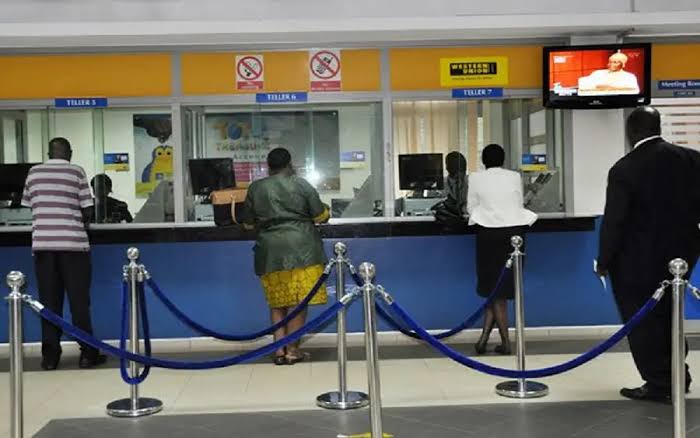Starting January 1, 2026, Nigerians and non-residents will no longer be able to open or operate a bank account without a Tax Identification Number (Tax ID).
The new requirement is part of the Nigeria Tax Administration Act, 2025, recently signed into law by President Bola Tinubu.
Beyond banking, the Act makes Tax IDs compulsory for a wide range of financial and business dealings, including insurance, stock market transactions, and contracts with federal and state governments.
According to the law, all taxable persons must register with the relevant authority to obtain a Tax ID card. Ministries, departments, and agencies across federal, state, and local levels are also mandated to secure Tax IDs.
Non-residents who provide taxable goods or services in Nigeria must register and pay tax in the country. The Act also empowers tax authorities to issue Tax IDs automatically where applicants fail to apply, or to refuse applications where information warrants, with a response expected within five working days.
Business owners who suspend or permanently shut down operations are required to notify the tax authority within 30 days. Their Tax IDs will then be marked dormant or deregistered.
The Act further establishes the Nigeria Revenue Service, with an Executive Chairman heading the Governing Board for a renewable four-year term. The Service will be funded through a four percent deduction from all revenues it collects, excluding petroleum royalties.



